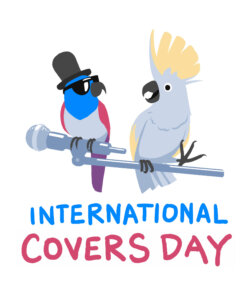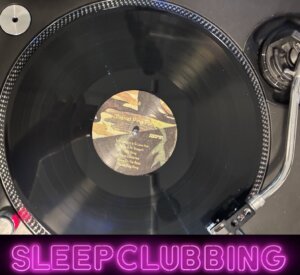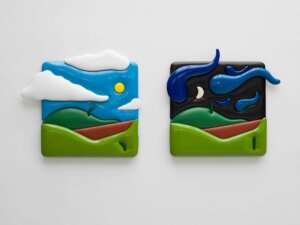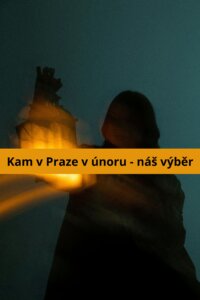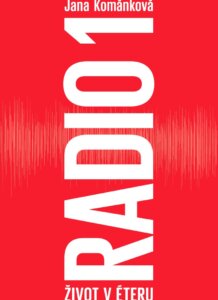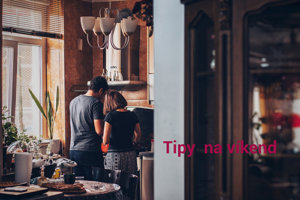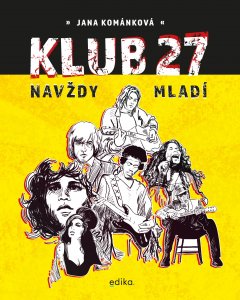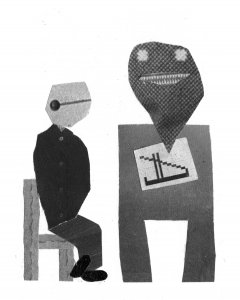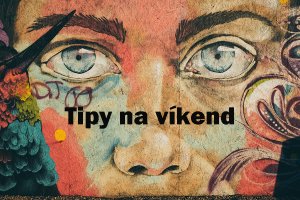When you hear ‘mejte se hezky’ in Czechia, they’re not just saying it. There is a genuineness behind it.
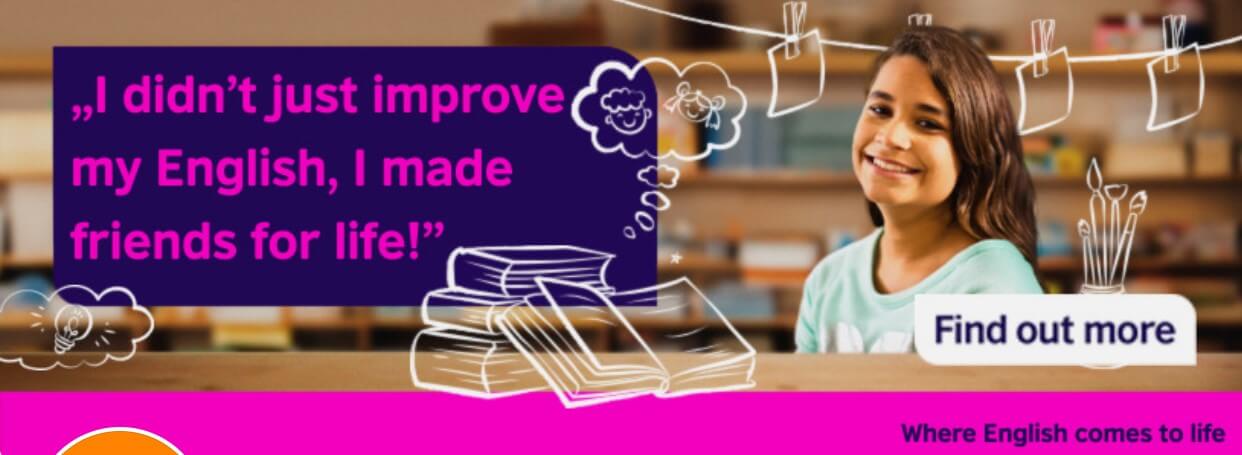
From opening its doors in Prague in 1946, the British Council has been one of the most significant Western institutions in the Czech lands, not only as a prime source of English language expertise, but as a portal to the culture and ideas of Britain. Paul Wade, the new director of the British Council in the Czech Republic, sat down with historian at Anglo-American University, Gerald Power, to discuss the place of British culture in the country, to outline his ideas for the British Council’s next steps in a conversation that ranges from Shakespeare to AI.
GP: Could you say something about yourself? I understand that you have already spent quite some time in the Czech Republic.
PW: Well, yes, let’s say that while I’m new to the role, I am not new to the country. I have spent the last 25 years working in education, in everything from pre-school to postgraduate and teacher-training. I first came here in 2002 and joined an international school and taught there for four years. After that I spent some time in London. Then Warsaw, Moscow and Belgrade. I returned to the Czech Republic during Covid in 2020, and since then I’ve been mainly based in Prague. I’ve worked in international schools here, but I have also worked in state schools – at a zakladni skola – which means that I have a secure understanding of the education system and the local culture.
On the personal side, my partner works here in theatre. So, I can say that I have a nice network of contacts in the city.
GP: Can you tell us something about the kind of the role the British Council has had over the years?
PW: If we go back to its origins, the British Council was founded in 1934, which was a pivotal time in European history when the forces of fascism and communism were growing on the continent.
The British government at the time felt that something new was needed to try and counter that and it was time to attempt to promote the values of liberalism and democracy.
This year we are celebrating our 90th anniversary and again our initial purpose remains very relevant as we continue to promote democracy and liberal values in a world that is often challenging them.
We started in Czechslovakia after World War II, as there was a real feeling that communism might take hold, too.. The British Council operated fairly normally until 1951, when the Soviet regime accused us of spionage and we then had to be absorbed into the UK embassy as cultural attachés for a long period. In the 1960s I believe that we again briefly had our own independent headquarters before the normalisation period pushed us back within the embassy. So over time we have had several homes from which we continued to deliver our activities but the big expansion came after the Velvet Revolution. In 1990 we opened in a stunning building on Narodni, now the European Commission building, which is well worth a visit. In 2000 we moved to our current premises on Politických Vězňů, I think primarily because the remit of the Council had focused more towards teaching English. The Czechs were very happy to embrace and learn the English language to benefit the whole nation and to become more global. So we moved very strongly into providing high quality language learning, having good teachers and classrooms with contemporary equipment.
Today, English teaching is still a big part of what we do but we also support mobility and exchange with the UK our exams offer, including running both both Cambridge exams and our own IELTS and Aptis ESOL exams.
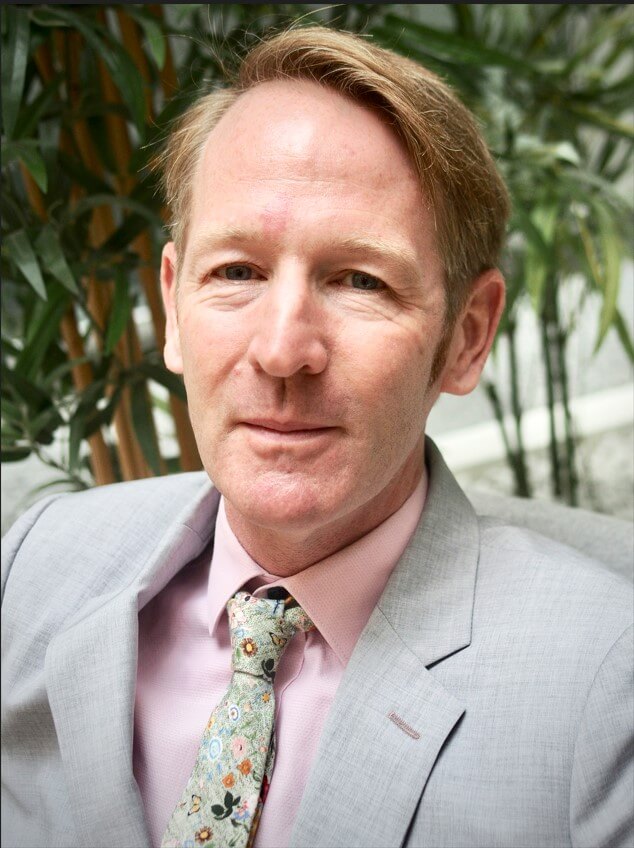
Paul Wade, ředitel British Council v ČR
The British Council is not just about English
PW: after 90 years, it seems clear that we are in another pivotal moment in world history. We have land war in Europe for the first time in eighty years. We have a rolling conflict in the Middle East. Europe and the world are living in difficult times, and we continue to keep our vision intact working towards a more peaceful and prosperous world built on trust.
So in addition to our English teaching and learning and our exams activity we do our best to support peace and prosperity by building connections, understanding and trust between people in the UK
and countries worldwide.
We have a role to promote culture that is in favour of liberal values, in favour of human rights, the rights of all. While our job is very much at arm’s length from the British government, it does reflect the new government’s views on closeness to our European neighbours. The British Council have always been people who can represent that neighbourliness, and that’s continuing today. We have a role in collaborating with institutions and partners who are willing to deliver initiatives to counter hate in any form including racist, homophobic or transphobic narratives, and to assist with the promotion of equality and inclusion in any cultural project. And then there is more traditional cultural work, such as promoting British art. An example is the recent Anthony Gormley exhibition at the Rudolfinum. We attended the opening and saw how his approach to art is about openness and about being part of that community. And that’s something important for us, to be part of the community and to really engage.
GP: What are your favourite aspects of life in this country? How similar do you think Czechs and British people are?
PW: I think the first thing to realise is that you are dealing with individuals and everyone has their own view. It’s always dangerous to over-generalise. But there is a very similar sense of humour – that love of the absurd and the joy in the slightly odd way of saying things. A dark sense of humour, and an enjoyment of clever slapstick. In politics there are some similarities and the British way of doing things democratically that really aligns with the Czechs.
Socially, there’s also a reserve which often foreigners see as rudeness but which I like to say is a national social awkwardness or social anxiety, which is certainly something shared with the Brits. We both say to strangers ‘I’m ready to talk to you, but I’m not going to be your friend just yet.’ But also, I think some of what’s different about Czechs is that when you make a Czech friend, they are absolutely reliable for life. I love the Czechs. I love that they are very honest. When you hear ‘mejte se hezky’, they’re not just saying it. There is a genuineness behind it.
I also love the attitude to nature here. I really enjoy the fact that you can hop on a train and in 15-20 minutes, you can be deep in forests that go on for many many kilometers, or you can be in real mountains within two hours. And there are wonderful rivers that help define Europe and which connect the country all the way to places like the Baltic Sea. So I enjoy the natural surroundings. But there’s also the culture. My partner and I are both from places that perhaps don’t always have such a great sense of their own culture, and I feel that the Czechs have this. They have a sense of their folk culture. Everyone knows the traditional folk songs. If one starts playing in the background, in a pub, people will just sing along, and that’s not true in England. In England there can be a tendency to think that tradition is something our parents did. And I have an issue with the word ‘tradition’ in this sense, and the idea that it is used to protect old-fashioned values. Tradition is the stuff that’s embedded in your society and keeps it moving forward. I think the Czechs use their tradition to move society forward.
GP: I think it’s really good that you can see the limits of British traditions and society and also the merits of the Czech, because it is about exchange, isn’t it?
PW: It is about exchange. One of my remits is to try to develop the culture capital of the British Council here and it’s really important to intersect with Czech culture. So, we can ask questions like: is there anyone who is maybe British educated who is engaged in the cultural sector, or are there British artists who are living and working and embedded in society here? It’s not just about Shakespeare, Coldplay and the King. It’s about the connections between our cultures. And there are those wonderful British artists, musicians and theatre makers here who live and work and embed themselves in Czech society but are still making British culture-inspired stuff. And that’s a really nice intersection.
AI creates something only because you tell it to
GP: And finally, obviously we’re learning to live with AI at the moment. What are your views on what this all means for us as teachers and students?
PW: It’s interesting. I saw a tech guru give a lecture on this topic and he predicted that in five years we would have no need for teachers. They can all be replaced. But he doesn’t understand kids. If you are teaching English to a group of five-year-olds, AI will not spot the child who’s not answering because they need the toilet. AI will not realize that someone has misunderstood a false friend word and is coming at a sentence from the wrong angle. AI will not see the person’s face [mimes look of incomprehension] because they haven’t understood. There is a fundamentally human aspect to teaching that cannot be replaced by AI in its current or trajectory format. It does not mean it has no place in teaching. It has a fundamental place. It makes the teacher’s job easier. We can design teaching materials much more quickly by using AI to access what we want, whether it’s grammar rules or lists of vocabulary. It has a really important role in assessment.
For instance, historically you had to do listening assessments in person. AI can now record voices, analyse speech patterns, spot where the errors are and grade it. So, in the future, we can allow more and more people to carry out their assessment remotely using AI. At the British Council, we have an entirely digital platform, Aptis ESOL, whereby you do your reading, your speaking and your listening purely on a computer and I can see a use for AI as part of this assessment tool in the future. So it is powerful.
It is important to note that it’s not just in teaching. There’s also a role for AI in culture, although it cannot replace artists. We make art as a means to express emotion. We make it as a means to tackle our fundamental mortality. We are going to die. What is going to live beyond us? We write novels, we create plays, we make works of theatre and great works of art to speak to a world beyond our life time.
AI does something because you tell it to. If you left AI alone, it would not artificially decide to create art. It can write a novel. It doesn’t mean it wants to. And it doesn’t want to because it is not going to die. And I think what we need to use AI for, which we are not, is replacing the things that are about mortality. So that workers can be more free to actually live a life. It’s not about replacing artists. That’s not where it should be. But it is a powerful tool we can use to enhance what we do. As teachers we can use it to make sure that more people can learn more effectively and successfully.



